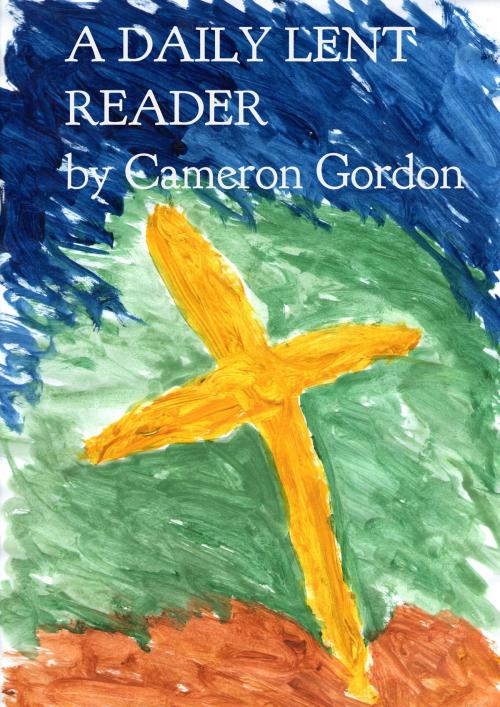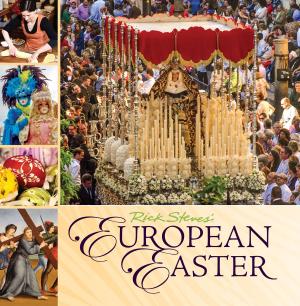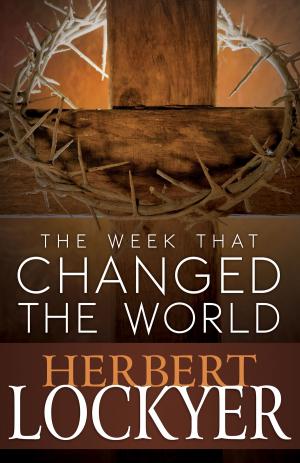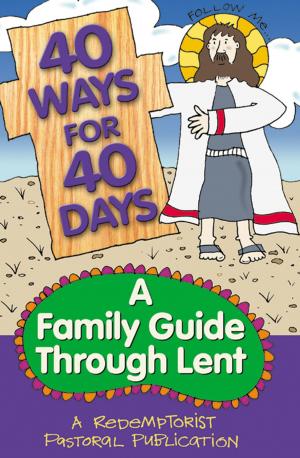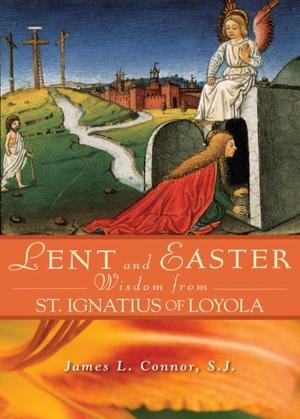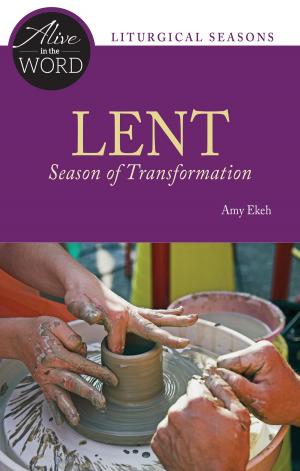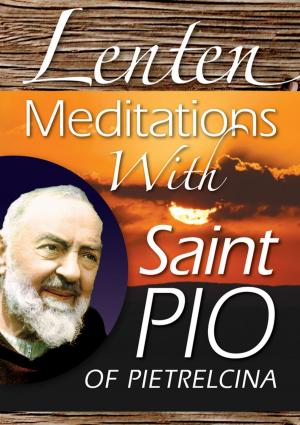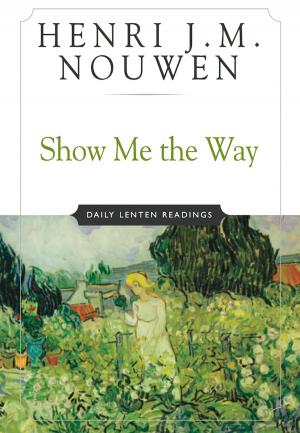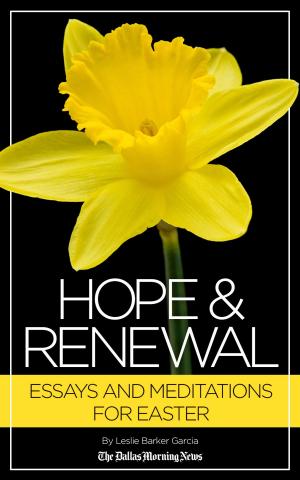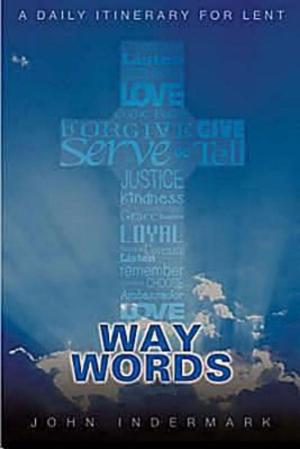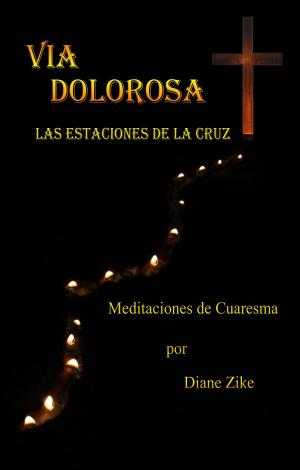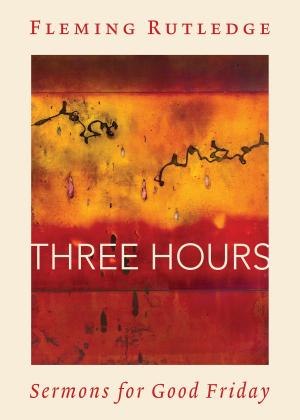| Author: | Cameron Gordon | ISBN: | 9781310755392 |
| Publisher: | Cameron Gordon | Publication: | February 9, 2016 |
| Imprint: | Smashwords Edition | Language: | English |
| Author: | Cameron Gordon |
| ISBN: | 9781310755392 |
| Publisher: | Cameron Gordon |
| Publication: | February 9, 2016 |
| Imprint: | Smashwords Edition |
| Language: | English |
This book is written as a series of daily reflections for the season in the Christian calendar that is referred to as Lent. Lent is a time that commemorates the baptism of Jesus by John the Baptist; the subsequent retreat of Jesus to the desert to face his three temptations by the devil; and then Jesus' return to Jerusalem, his death on the Cross (Good Friday) and his Resurrection on Easter Sunday. But what does it really mean to say that Christ is risen, and that he has died no more, nearly two millennium after the fact? How can one follow the teachings of a man who lived in a radically different society, so long ago, in a way that is relevant and meaningful today? The answer is to connect with those events as if they were happening today. That is the real potential power of the liturgical calender. In a superficial sense the calendar commemorates past happenings but it can be used as a daily practice. Living in the day is a way of eliminating time and history. After all, clocks and calendars are social conventions, useful but not fundamental aspects of the nature of reality. God's creation is eternal and past, present and future collapse into this present moment, always. Practicing Lent in one's daily life puts this on a human scale where the truth and reality of eternity can penetrate into daily consciousness. This daily reader is a tool to help with such a practice.
This book is written as a series of daily reflections for the season in the Christian calendar that is referred to as Lent. Lent is a time that commemorates the baptism of Jesus by John the Baptist; the subsequent retreat of Jesus to the desert to face his three temptations by the devil; and then Jesus' return to Jerusalem, his death on the Cross (Good Friday) and his Resurrection on Easter Sunday. But what does it really mean to say that Christ is risen, and that he has died no more, nearly two millennium after the fact? How can one follow the teachings of a man who lived in a radically different society, so long ago, in a way that is relevant and meaningful today? The answer is to connect with those events as if they were happening today. That is the real potential power of the liturgical calender. In a superficial sense the calendar commemorates past happenings but it can be used as a daily practice. Living in the day is a way of eliminating time and history. After all, clocks and calendars are social conventions, useful but not fundamental aspects of the nature of reality. God's creation is eternal and past, present and future collapse into this present moment, always. Practicing Lent in one's daily life puts this on a human scale where the truth and reality of eternity can penetrate into daily consciousness. This daily reader is a tool to help with such a practice.
